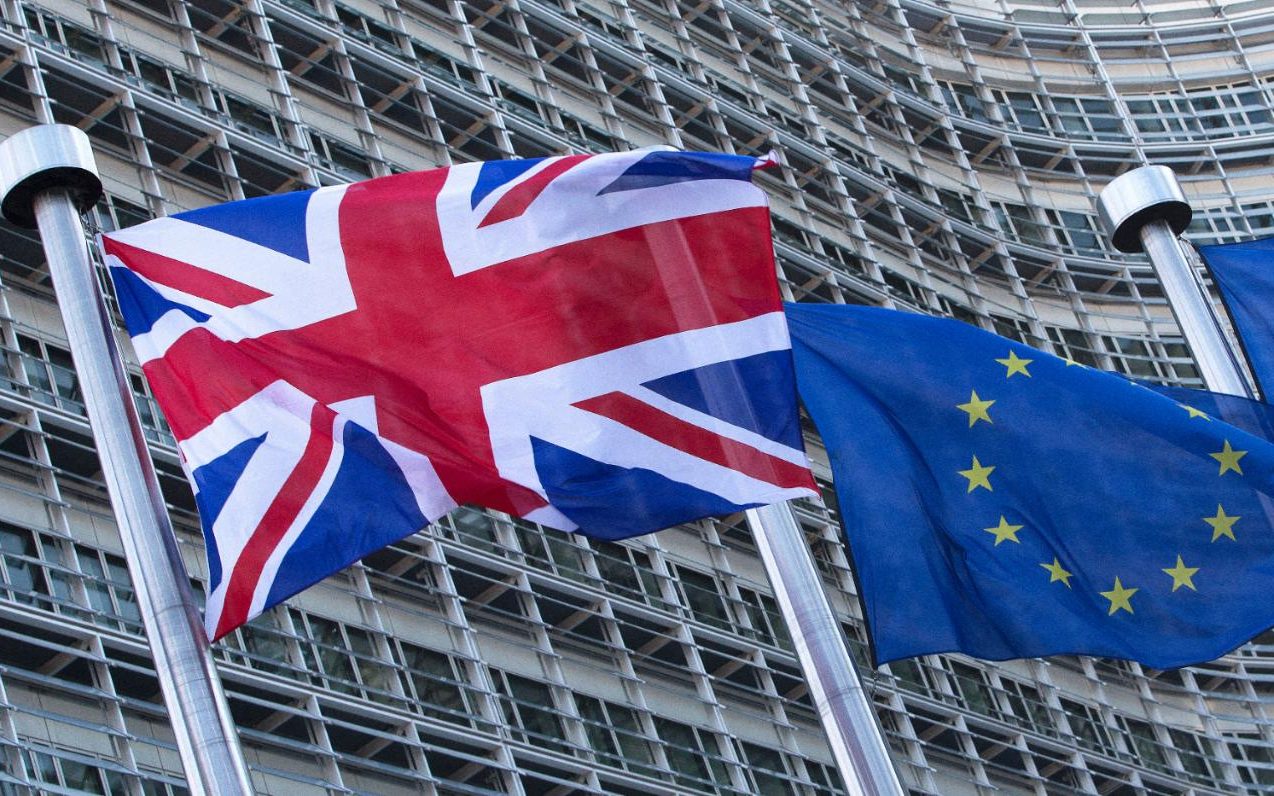
The rural sector has called on the government to provide early answers to some of the key Brexit questions facing farmers and the rural economy.
The landowning organisation CLA will give evidence to the Lords EU Energy and Environment Sub-Committee on the implications of Brexit on agriculture today (1 February).
The Committee will also hear from the Tenant Farmers Association (TFA) and the Soil Association.
The Committee will explore with the witnesses what critical policy decisions the Government must consider before the UK leaves the EU; how important trade with the EU is; and whether the UK should align itself with EU standards for agricultural goods, food safety, animal welfare, pesticides and plant protections after Brexit.
'Range of new opportunities'
CLA Deputy President Tim Breitmeyer said: "Brexit can bring a range of new opportunities for farming including building exports for our products alongside continued access to existing markets and establishing a world leading agricultural policy that drives growth and productivity.
"However, these opportunities will only be harnessed if businesses feel confident about the future direction of policy at an early stage in the process.
"We do not expect ministers to have all the answers at this stage but they must set a clear direction of travel on core issues.
"We can establish some robust objectives in UK trade policy for retaining and growing our markets in food and agricultural products.
"They can set out a clear commitment to establish a fully-funded replacement for the Common Agricultural Policy and provide a commitment that, in tandem with policy being developed, farmers will be able to attract the overseas workers they need here and now.
"We will work with the Government to help Ministers make the right decisions for the rural economy and reduce the uncertainties of Brexit. The next step is then to focus on how to maximise the new opportunities that are presented by leaving the EU."
